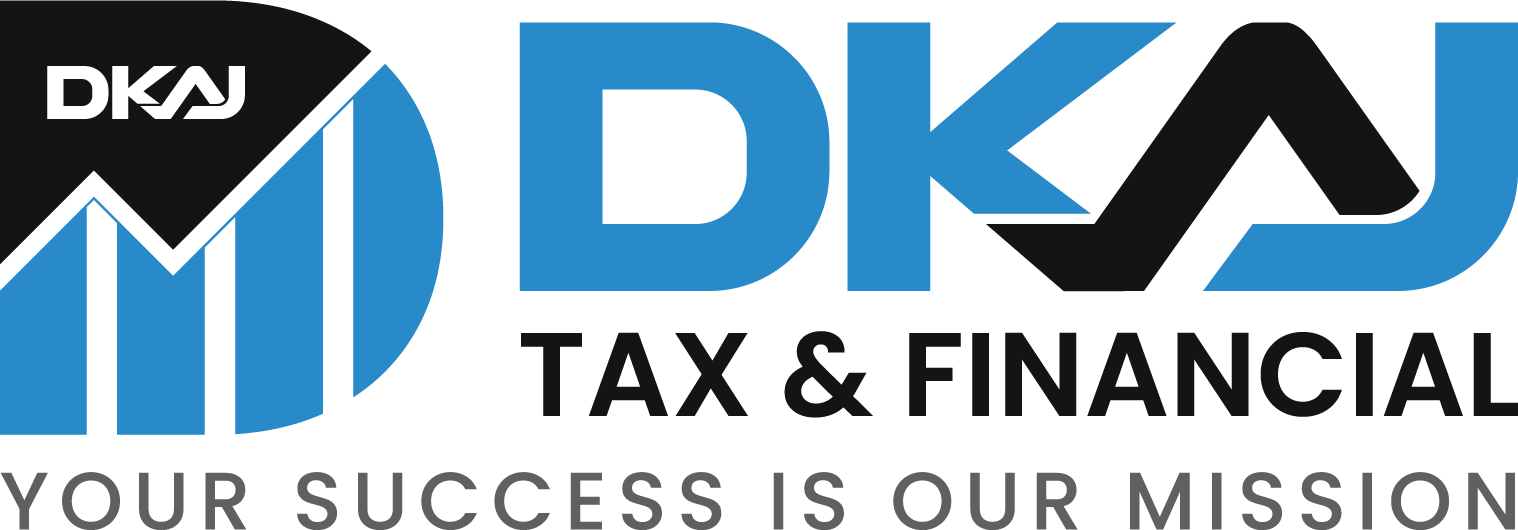Effective Tax Strategies for Canadian Small Businesses
 Thursday, December 21, 2023
Thursday, December 21, 2023
Understanding the Current Economic Shift
The world around us constantly evolves, impacting the financial dynamics of businesses. Staying informed about these shifts is crucial in devising effective tax strategies tailored to the changing economic climate.
Strategies for Adapting Tax Planning
Forecasting and Adjusting Expenses:
Keep a keen eye on expenses and revenue projections. During economic changes, reevaluate your budgets and adjust expenses accordingly. Being proactive in cost management can positively impact tax liabilities.
Leveraging Tax Credits and Incentives:
Explore available tax credits and incentives tailored for small businesses. Government programs often offer incentives during economic changes to support businesses. These credits can significantly reduce tax burdens.
Asset Management and Depreciation:
Revisit your asset management strategy. Understand the depreciation rules and consider accelerating depreciation for eligible assets. This can positively affect tax deductions and improve cash flow.
Investment in Innovation and Growth:
Consider investing in innovation and growth. Certain investments, especially those geared towards research and development, could qualify for tax incentives, fostering both growth and reduced tax liabilities.
Seeking Expert Counsel
In a changing economic landscape, consulting tax professionals is a strategic move. Tax experts equipped with updated knowledge can provide invaluable advice on adapting your tax strategy to align with the current economic scenario.
Change is the only constant, especially in today's economy. Small businesses must pivot their tax strategies to remain agile and resilient. By proactively adjusting expenses, leveraging available credits, managing assets smartly, and seeking professional guidance, your business can navigate economic shifts while optimizing tax benefits.
Remember it’s not about evading taxes.It’s about strategically utilizing available tools and incentives to secure your business’s financial health
 Address:
Address:  Email:
Email: 
 Facebook
Facebook Twitter
Twitter footer.followus.insta
footer.followus.insta
